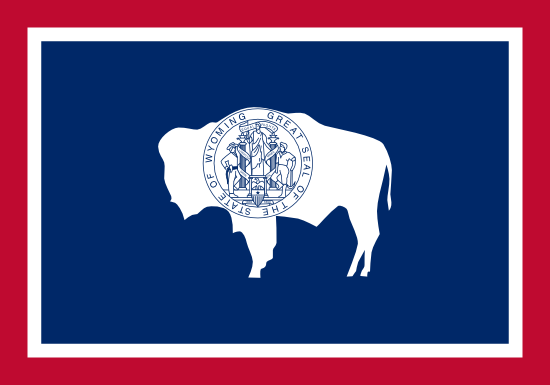Understanding Wyoming Lemon Law
Car manufacturers sell on average 150,000 cars per year in the United States classified as lemons: cars with repeated, unfixable problems. Lemons can come from any manufacturer: Chevrolet, Dodge, Ford and almost every other manufacturer has built lemon vehicles over the years. Some of those vehicles are sold in Wyoming.

“Lemon laws” enacted across the United States help protect consumers who purchase defective vehicles and provide a legal procedure to compensate them for their losses. Additionally, a powerful federal law known as the Magnuson-Moss Warranty Act provides protection for consumers who purchase cars that are having problems and have an unexpired manufacturer’s warranty.
The Wyoming lemon law covers vehicles sold or registered in the state with an unladen weight of under 10,000 pounds.
The law covers consumers who purchase warrantied vehicles, anyone to whom the vehicle is transferred during its warranty, and anyone else entitled by the warranty’s terms to enforce its obligations. The lemon law does not cover consumers who lease vehicles.
The lemon law covers “nonconformities.” A nonconformity is defined as any defect or condition that substantially impairs the use and market value of the vehicle. The law does not cover any problem arising from abuse, neglect, or unauthorized modifications to the vehicle.
Wyoming’s lemon law requires manufacturers to repair any nonconformity reported to them by the consumer within one year of the vehicle’s delivery to the consumer. The manufacturer must repair the issues even if those repairs are made after the one year period.
Wyoming’s lemon law allows manufacturers a “reasonable number of repair attempts” to fix the nonconformity. The lemon law defines a reasonable number as three or more times for the same problem without success. After this, if the nonconformity remains, or if the vehicle is out of service for more than 30 working days, the manufacturer must repurchase or replace the vehicle.
Think you have a lemon, click here to fill out a 60 second form.
If the manufacturer is unable to repair the nonconformity, the Wyoming lemon law requires them to repurchase or replace the vehicle. The manufacturer must repay the full purchase price, as well as all collateral charges. The manufacturer can withhold a reasonable allowance for use, calculated from the amount of use attributed to the consumer prior to the first report of nonconformity.
When replacing a vehicle under the Wyoming lemon law, the manufacturer must provide a new or comparable vehicle of the same type. The reasonable allowance for use does not apply to a replacement.
If the manufacturer has established an “informal dispute settlement procedure,” i.e. arbitration, the consumer must first resort to it before making a claim for repurchase or replacement.
In an arbitration, a neutral third party (an arbitrator) decides whether a reasonable number of repair attempts have been made and what award, if any, should be granted to the consumer. If the consumer accepts the arbitrator’s decision, the manufacturer agrees to comply with it.
There are downsides to the arbitration process. Firstly, attorneys are not required for either side in arbitration. However, the manufacturer will certainly either send an attorney or someone advised by an attorney. Any consumer looking to pursue the arbitration process in Wyoming is advised to speak with a law firm beforehand.
Arbitration programs allegedly assist both consumer and manufacturer in collecting evidence to be presented from each side, so that it may be shared with both sides prior to the hearing. Unfortunately, in arbitration both sides have fewer rights to discovery: the legal process by which litigants can obtain evidence. In a lemon law case this puts consumers at a disadvantage, as they need discovery to gather evidence to prove their cases, and much of the evidence is held by the manufacturer and dealership.
Before the arbitration begins, the owner should collect all documents relating to the vehicle and the repair process, including the letters exchanged with the manufacturer. They should also arrange for witnesses to appear at the hearing, including friends who have witnessed the vehicle’s problems. The vehicle in question should also be ready for inspection and test drive at the hearing.
By pursuing a claim under the Magnuson-Moss Warranty Act, Wyoming consumers can hire lawyers who will represent them without the vehicle owner having to pay any attorneys’ fees directly out of their pocket. This is because the federal Act provides that the vehicle manufacturer shall pay the claimants’ reasonable attorneys’ fees if the claimant prevails against the manufacturer.
Lemonlawusa.org encourages vehicle owners with a lemon to obtain legal counsel. You can bet the car manufacturers have legal counsel at the ready to help defend against lemon law claims both in arbitration and in court.
